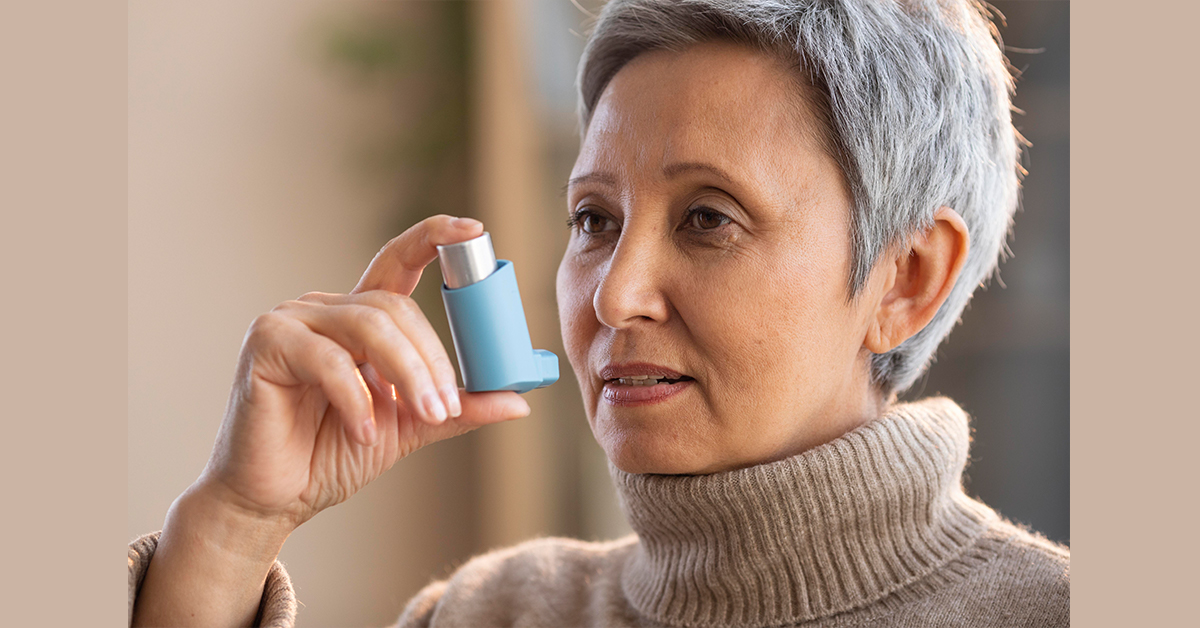
Winter is just around the corner and for 2.7 million Australians living with Asthma this won’t just mean a wardrobe change. The cold weather presents further challenges to manage their Asthma-related symptoms.
In the Northern Sydney Local Health District (NSLHD), Asthma-related hospitalisations have increased by almost 13% in our area since 2017*.Unfavourable environmental factors, such as extreme temperature change, pollen, dust and air pollution are thought to be the main reasons for the increased hospitalisations.
We recently saw these environmental factors at play, with the smoke generated from preventative backburning across Sydney, creating the perfect conditions for creating asthma flare-ups. Sydney siders living with Asthma were urged to stay indoors while the smoke clears in order to minimise their risk and exposure.
Aside from minimising risk and exposure, people living with Asthma have a range of preventative medications and treatments to help manage their condition. For the most part, sufferers will lead a normal life; despite this, there are still misconceptions about this disease in the community.
To acknowledge World Asthma Day (4th May) and its theme for 2021, ‘Uncovering Asthma Misconceptions’, we have compiled the three most common asthma-related myths.
Myth: Asthma symptoms are the same for all people
Truth: Asthma symptoms are not the same for all people as it depends on the person’s severity of the condition. A trigger for one asthma sufferer may not create the same response or symptom in another person who also suffers from Asthma.
Myth: Asthma is brought on psychologically
Truth: A person can not psychologically bring on asthma-related symptoms – however, emotions can trigger asthma flare-ups. Emotions can range from too much laughing, crying, anger and even stress as some people who experience this emotion will be taking shorter, shallower breaths.
Myth: Asthma is infectious.
Truth: Asthma is not an infectious disease. The source causing a person to have Asthma-related symptoms can be from an infectious condition such as the common cold or flu.
The NSLHD provide a District-wide service to care for those suffering from chronic Asthma in the following hospitals:
Medical Day Procedure Unit – Royal North Shore Hospital https://www.nslhd.health.nsw.gov.au/Services/Pages/MDPU-RNS.aspx
Chest Clinic – Ryde Hospital https://www.nslhd.health.nsw.gov.au/Services/Pages/ChestClinic-Ryd.aspx
Day Medical Unit – Hornsby hospital https://www.nslhd.health.nsw.gov.au/Services/Pages/DMUHornsby.aspx
If you or your loved one experiences severe asthma symptoms, please visit your nearest Emergency Department or call 000.
If you’re unsure what warrants a visit to the Emergency Department, please read our article on the 10 reasons why you should visit the Emergency Department.
The NORTH Foundation is the official fundraising and engagement partner for the Northern Sydney Local Health District, including Royal North Shore, Ryde and Hornsby Ku-ring-gai Hospitals as well as the Kolling Institute.
REFERENCES:

